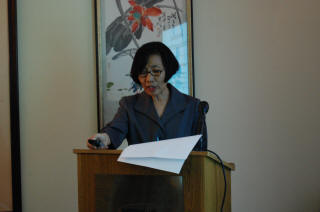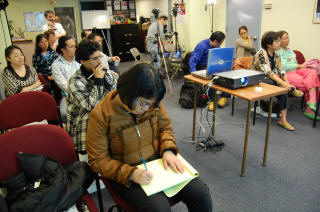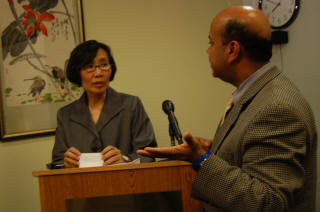
This presentation discusses the outcome of a pilot study of suicide attempters in the Chinese immigrant community of New York City. Based on the narratives of 31 adult participants who were of low socio-economic background but varied in age, gender and immigrant status, the study delineated a common pathway of their suicide attempts as a culmination of an interactive process of stressors, mental illness, and diminutive help-seeking behavior that was compounded by immigrant-specific issues, cultural meanings of distress and social barriers to resources. There were pervasive and persistent transactional dynamics between the multiple dimensions of the participants’ lives – intrapersonal and interpersonal stress, physical and mental health, cultural mores, and socioeconomic hardships – which finally converge to yield a reality that leads to suicidal ideation and attempt.

The study’s findings underscore the importance of adopting an integrative stance of inquiry in suicide studies and initiating a broad-based community effort in suicide prevention. The participants’ narratives about their recovery process also illuminates the issues of human connection and immigrants’ resiliency as potential resources to modify cultural stigmas and help-seeking behavior.

Online Notes

